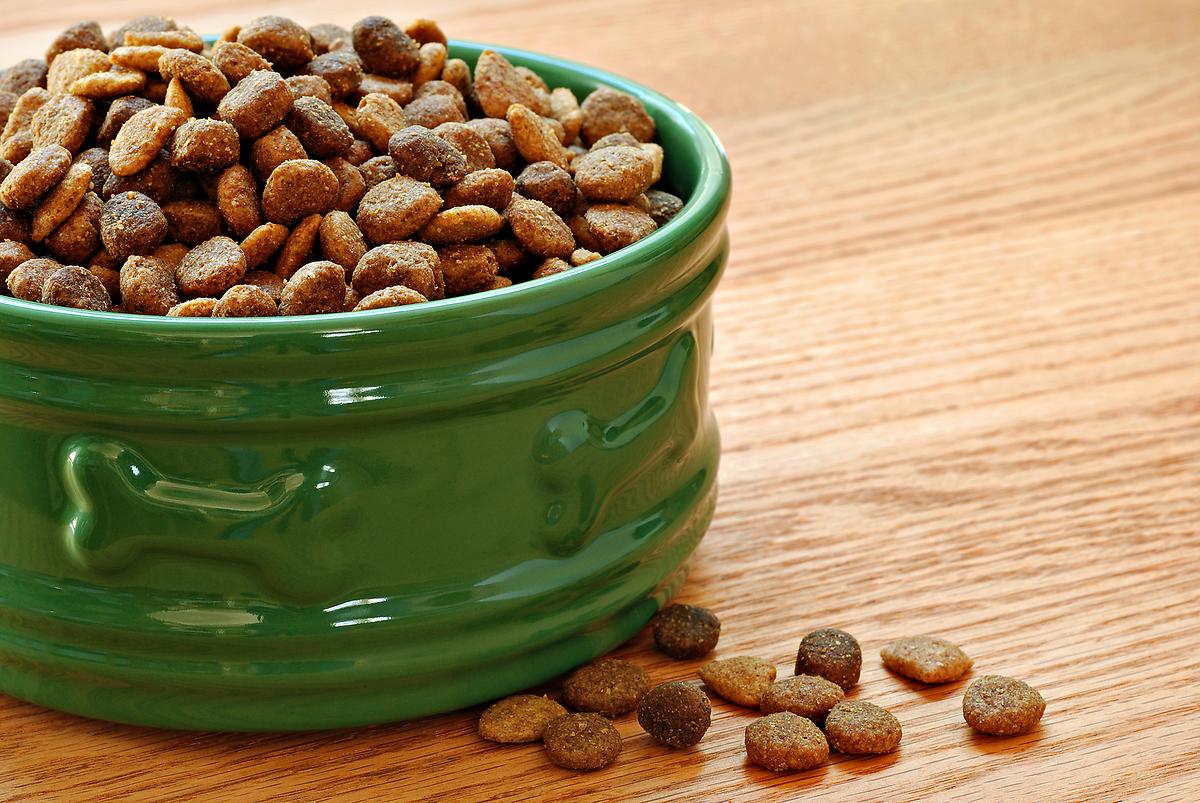The Best Food for Dogs & Cats: 5 Reasons You May Want to Change Your Pet's Food by 30Seconds Mom

Proper nutrition is vital for all pets. As a pet owner, it's your responsibility to feed your pets high-quality food that suits their age to boost their immune system, lessen stress on their organs and improve their overall health. Providing proper nutrition to your pets will also make it easy for them to remove toxins such as dyes, chemicals and preservatives from their bodies.
Even if you think you found the perfect food for your pet, there will come a time when you have to change their diets. Knowing why and when to change your pet's food is vital because giving them the wrong type of food can adversely affect their health and can even become the reason why they become lethargic and sick.
Here are five reasons you may want to change your pet's food:
1. Life Stages
Your pets will require different nutrients as they age. Your pet's life stage is of the most common reasons why you may want to change their food.
If you own a cat, expect that you can't feed them the same food when they're a kitten up until they become adults and when they get pregnant. The food you feed to your kittens should contain calcium, fat and protein, as these are necessary for their growth. Adult cats should be fed with food high-quality carbohydrates, while pregnant cats should regularly consume food with high levels of calories and protein.
If you're having a hard time determining which type of food to give to your pets as they age, ask for recommendations from your vet or check out reliable websites, such as Petsumer.com for more information.
2. Changes In Overall Health
As your pets age, they will become more susceptible to illnesses and diseases as their bodies get weak. Your pet might have problems with their mobility or gain or lose too much weight.
Changes in your pet's overall health should prompt you to change your pet's diet. For example, if your pet is obese and needs to lose some pounds, you shouldn't feed them high-calorie food as this will only cause them to gain more weight. Pets who should gain weight, on the other hand, should be fed with food that contains higher levels of protein and carbohydrates. You can also add supplements to their diets.
3. Activity Levels
Pets, even in the same breed, will have different activity levels. While some pets are sedentary, others are moderately and highly active. To ensure that your pets continue to be at their best, you should give them food that matches their energy levels.
If your pet is naturally very energetic and loves to play with your children at home, you should give them food with high levels of carbohydrates as these compounds are great sources of energy. Inactive dogs, on the other hand, should be fed with low-calorie foods and treats.
4. Dietary Deficiencies
Even with the number of pet foods available in the market today, it can be challenging for any pet owner to find the perfect one during their first purchase. More often than not, pet owners have to go through several trial-and-error stages to determine if a particular pet food actually provides benefits to their pets.
If you've been feeding your pets with food that led to dietary deficiencies and produced symptoms like a dull coat and changes in behavior, you should consider changing their food as soon as possible. Continually feeding your pets with food that doesn't suit their dietary requirements will only take a toll on their health and waste your hard-earned money.
5. Allergy Prevention
Pets have unique bodies, and foods that work for one pet doesn't always work for another. Even if you have two cats at home, don't expect that you can always give the same type of food.
Preventing allergies is another reason why you should change your pet's food. Some pets are allergic to foods that contain dairy products, while some develop allergic reactions when fed with certain types of fish, chicken or meat. Sneezing, coughing and watery eyes are common symptoms of allergies among pets, so if you notice that your pet show any of the following, it's best if you change their food right away.
Making a Food Switch
Aside from knowing when to change your pet's food, it's also important to learn how you should do it. As a pet owner, you should gradually make the switch by mixing your pet's old and new food first and then increasing the quantity of their new food during their meals.
Make sure to ask for help from your vet to make the transition easier for you and your pet. With their help, it won't be long before your pet can adjust to their new diet.
Take 30 seconds and join the 30Seconds community. Inspire and be inspired.















join discussion